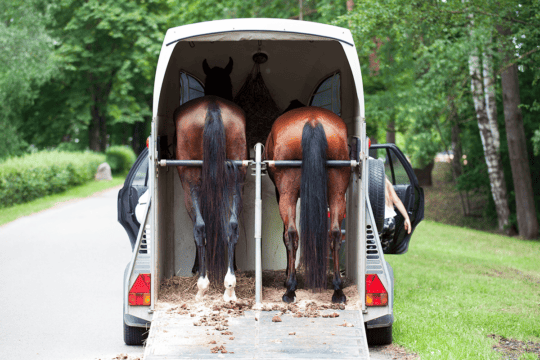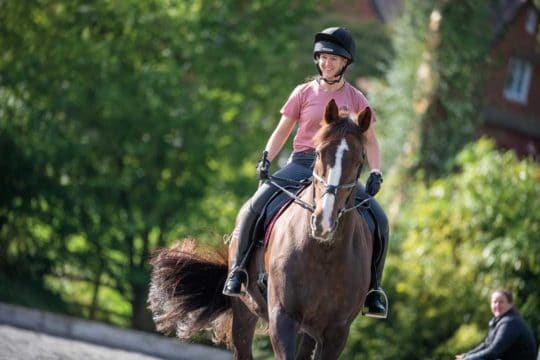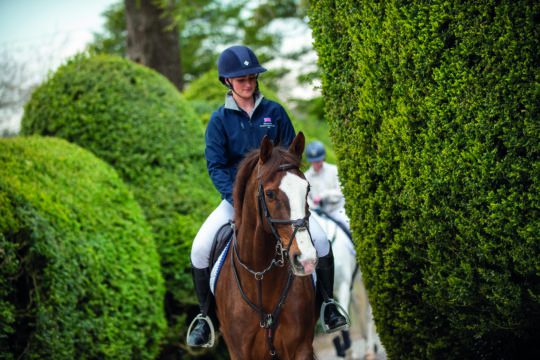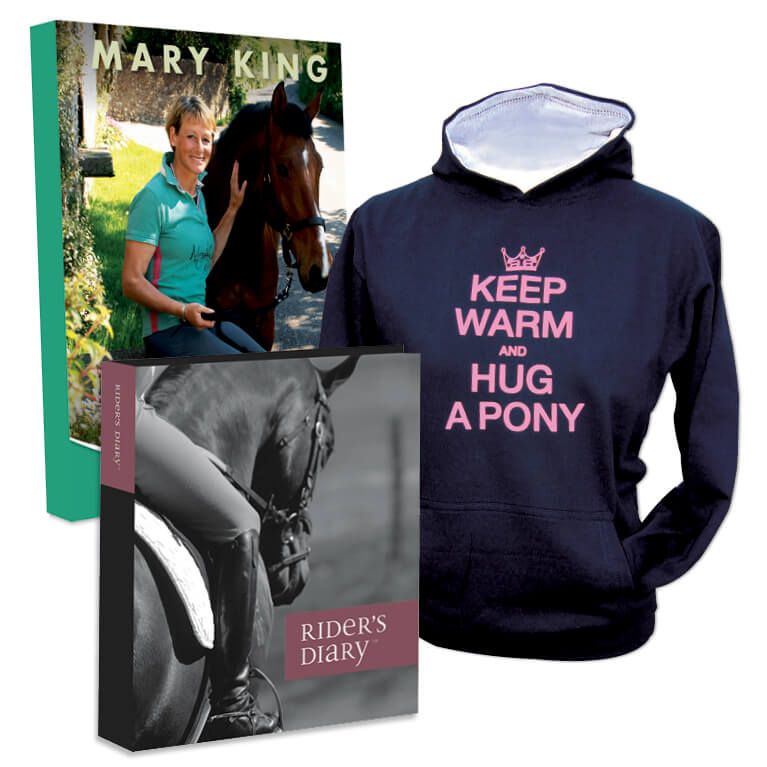Insurance needs to be tailored to your specific needs. Find out what cover you might need from Carriagehouse Insurance’s Fiona Gordon-Clarke
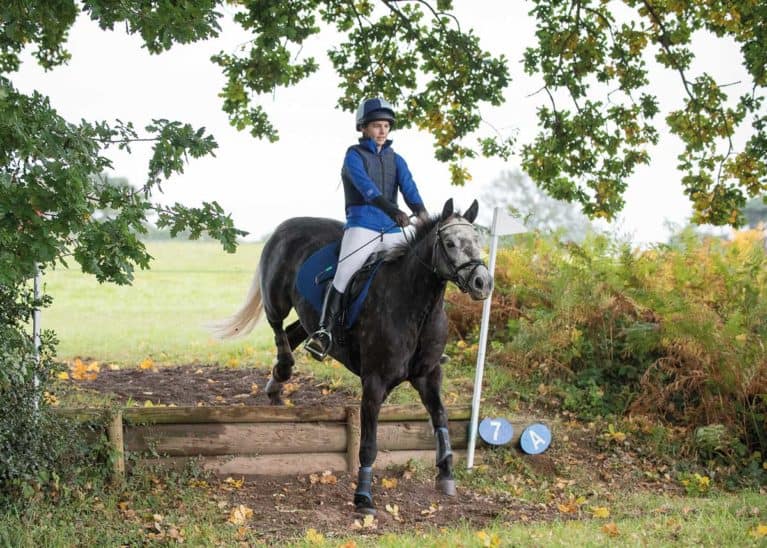
Insurance may give horse owners peace of mind, but it can be a headache to sort out. What cover do you need? How do you choose a policy? The list is endless, but it doesn’t have to be so much hassle.
What’s covered by my horse insurance?
Most insurance companies offer cover for happy hackers, right through to the competition rider. And, rather than providing insurance for one specific discipline, it’s given in classes, so you are covered for everything you do.
For example, Carriagehouse’s class A includes breaking-in, hacking and low-level competitions for riding and driving enthusiasts, while class B includes these, plus the more advanced levels and hunting. This is the more expensive band, because each discipline demands more from your horse.
“Higher eventing and endurance levels are tough and put a lot of strain on your horse, while Medium dressage requires him to work with greater collection.
At driving scurries, ponies move at speed through hazards, so there’s an increased risk of twist injuries or tipping the cart. In each case, the horse is at greater risk of injury,” explains Fiona.
Third party insurance cover
“Every rider should have third-party insurance,” she adds, “whether you’re a professional or pleasure rider, just in case you cause an accident or injury to a member of the public or their property.
“When you buy a horse, you can budget his value – if he’s not insured for his full worth, you know exactly how much you will lose. But, if you’re involved in an accident, you have no idea how much you will be liable for – it could be hundreds of thousands.”
Third party usually insures the horses you specify in the policy when anyone is riding or driving them, giving owners complete peace of mind. And be aware that if he escapes from the field or yard and causes an accident, you will be liable.
“Third-party is not expensive to take out, and it’s better to have the cover and never need it, than need the cover and not have it. At the end of the day, you can’t drive a car without third-party insurance, and riders should view it with the same importance,” adds Fiona.
Personal accident cover
It’s also worth considering personal-accident insurance. This covers your accidental death and permanent disability, and is particularly useful if lots of people ride your horse, as they can be covered, too.
Loss of use cover
If you bought your horse specifically to compete, permanent-incapacity cover (or loss of use) is one to consider. Should your horse have an accident or become seriously ill, making him unsuitable for the activities you bought/bred him for, you can recover some of your money. This cover will significantly increase the policy premium, but is a back-up in case it all goes terribly wrong.
Individual needs
Vet fees
Veterinary cover takes away the worry of how you’ll manage if something awful happens, but it’s not a necessity, says Fiona:
“Some people put money away for vet fees, but have spent a lot on their horse and equipment, and want them covered. Each policy is tailored to individual needs; we discuss what the horse will do and what worries the owner most, and then work out which cover will suit them best.”




